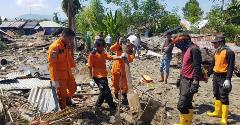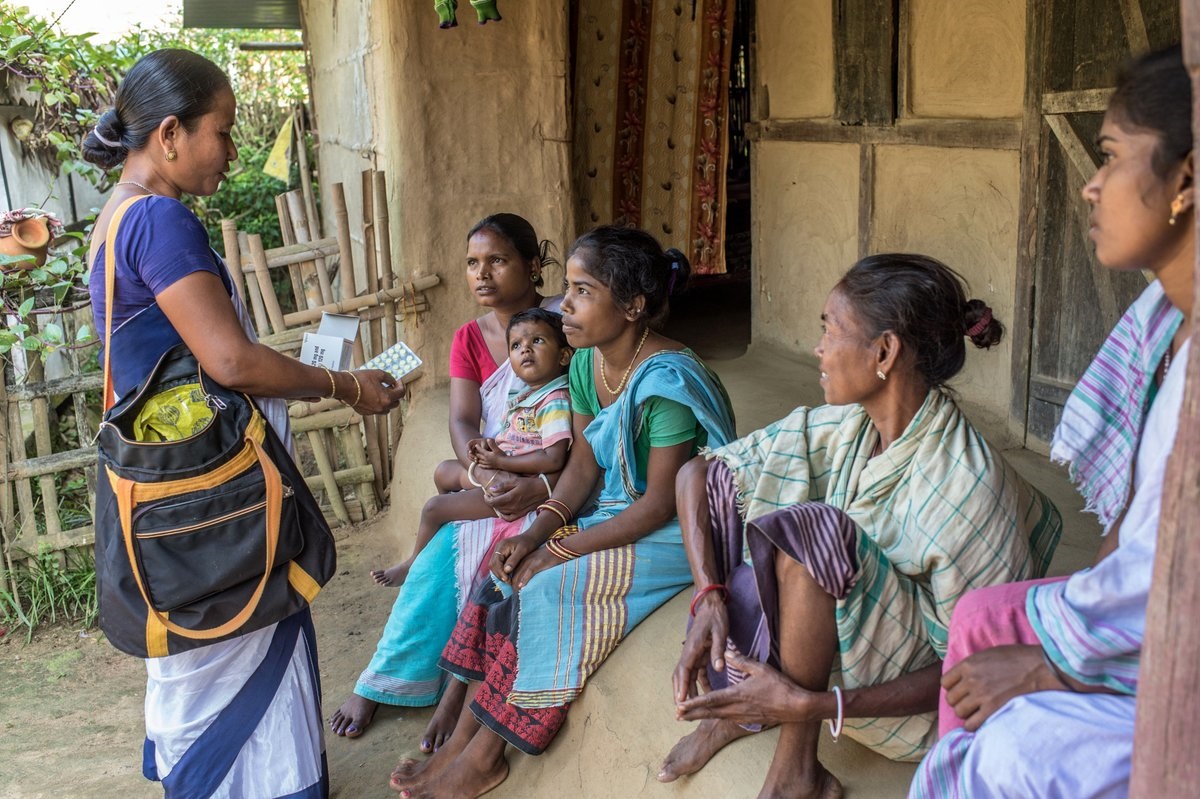
Enhancing facility based support to promote, protect and support Breastfeeding
A mother breastfeeding a baby
Overview
WHO recommends that all mothers should be supported to initiate breastfeeding as soon as possible after birth, within the first hour after delivery. Early breastfeeding is critical to newborn survival and to establish long term breast feeding. In WHO SEAR countries, early initiation of breastfeeding varies across countries ranging from a low 28 percent in the Democratic People’s Republic of Korea to a high 90 percent in Sri Lanka.
Despite early achievements of the Baby Friendly Hospital Initiative in improving facility level breastfeeding practices, the sustainability of the programme has been an issue due to its vertical, stand-alone nature and costly accreditation process. WHO, in 2017 published new guidance and recommendations, including implementation guidance on protecting, promoting and supporting breastfeeding: through breastfeeding in facilities providing maternity and newborn services: the revised BABY-FRIENDLY HOSPITAL INITIATIVE. The new guidance proposes a number of revisions to the implementation of BFHI, primarily focused on integrating support for breastfeeding more fully in health systems in order to facilitate scale up and sustainability of BFHI.
WHO SEARO supports scaling up and integration of facility level breastfeeding within Member State Health systems through technical support and capacity building at country level.
Key facts
-
The Second International Conference on Nutrition in 2014 recommends that countries “Implement policies, programmes and actions to ensure that health services promote, protect and support breastfeeding, including the Baby-Friendly Hospital Initiative”.
-
Majority of Member States in South- East Asia Region are currently taking steps to scale up BFHI through integration of facility based support measures for breastfeeding with other initiatives for health-care improvement, health-systems strengthening and quality assurance.







